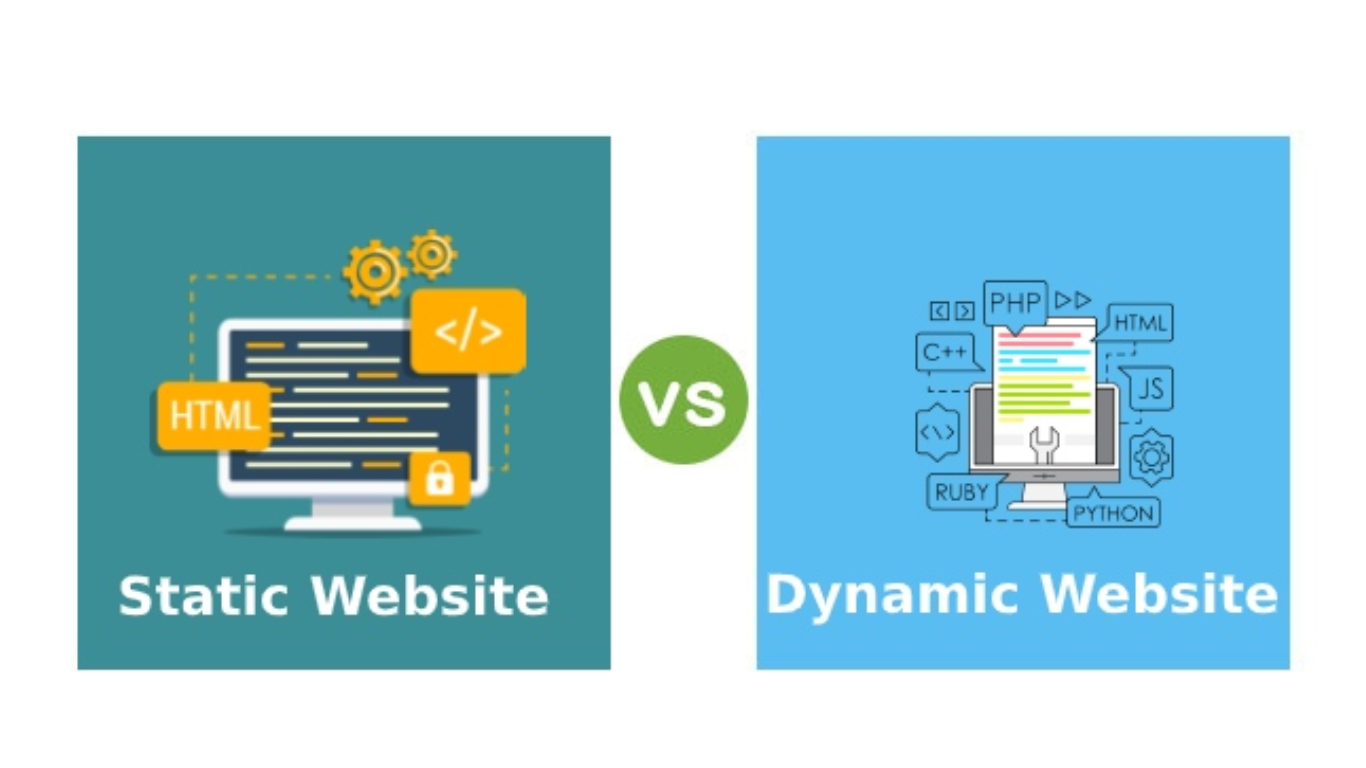The internet is constantly changing, and it offers different types of websites that serve different purposes and cater to different users. There are two main categories of websites: static and dynamic. In this detailed analysis, we will investigate the differences between static and dynamic websites, highlighting their unique features, benefits, and appropriate usage scenarios.
Want to learn how to create website in wordpress . Join Best Digital Marketing Institute In Meerut ,here you learn complete digital marketing .
Static Websites:
Static websites are built using HTML and CSS only. The content remains static and unchanging on the server, and only a web developer can modify it. When a user requests the website, the server delivers the same content that is stored on it, without any changes.
Here are key features and attributes of static websites:
1.Content Stability:
Static websites are characterized by fixed content that doesn’t change unless the web developer updates the HTML code directly.
Information is pre-built and presented to users as it is without real-time modifications.
2.Ease of Development:
Developing static websites is relatively straightforward, making them a suitable choice for simpler online presences or informational sites.
HTML, CSS, and sometimes JavaScript are the primary technologies used in the construction of static websites.
3.Loading Speed:
Static websites generally load faster because the content is already predefined and doesn’t require server-side processing.
They are particularly efficient for delivering content that doesn’t need frequent updates.
Hosting Requirements:
Hosting static websites is simpler and often more cost-effective, as there is no need for server-side processing or a database.
4.Security:
Static websites are considered more secure because they lack dynamic elements that could be exploited for malicious purposes.
Dynamic Websites:
Dynamic websites can respond to user interactions and real-time data, generating content on-the-go. Here are the key features and attributes of dynamic websites:
Real-Time Interactivity:
Dynamic websites offer real-time interactivity, allowing users to engage with content that is generated dynamically based on their interactions.
Content is often pulled from a database and assembled dynamically at the moment of user request.
Content Customization:
Dynamic websites can tailor content to individual users, providing a personalized experience based on their preferences, location, or behavior.
Complex Functionality:
Dynamic websites can support complex functionalities such as user authentication, content management systems (CMS), e-commerce transactions, and interactive forms.
Server-side scripting languages like PHP, Python, Ruby, and databases like MySQL or MongoDB are commonly used in dynamic website development.
Scalability:
Dynamic websites are more scalable and adaptable to growing and evolving content needs. The addition of new content or features doesn’t require manual intervention for each change.
Hosting Requirements:
Hosting dynamic websites involves more complex server configurations and often requires databases to store and manage dynamic content.


Leave A Comment